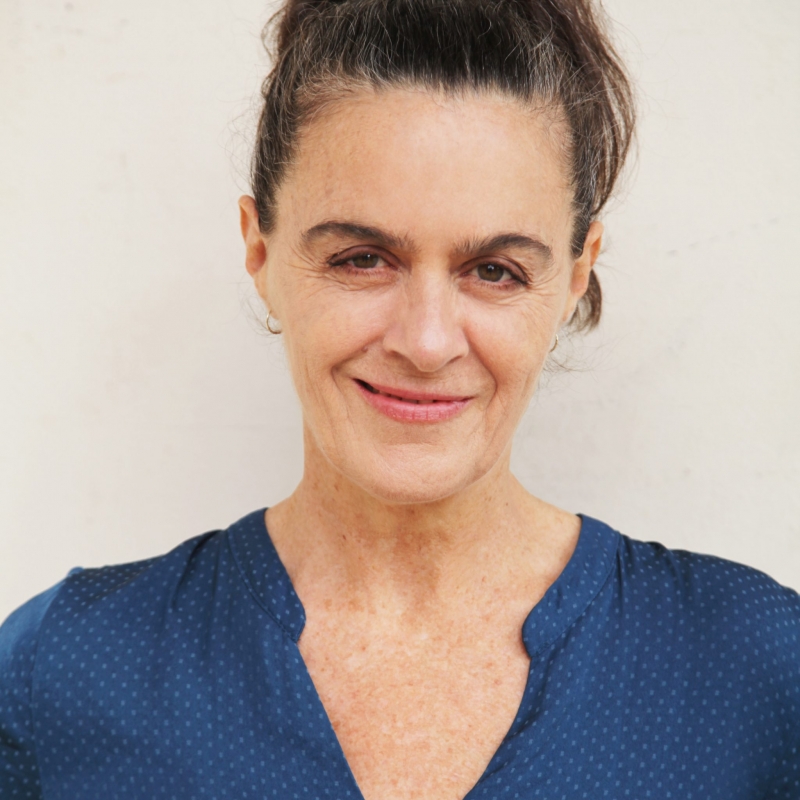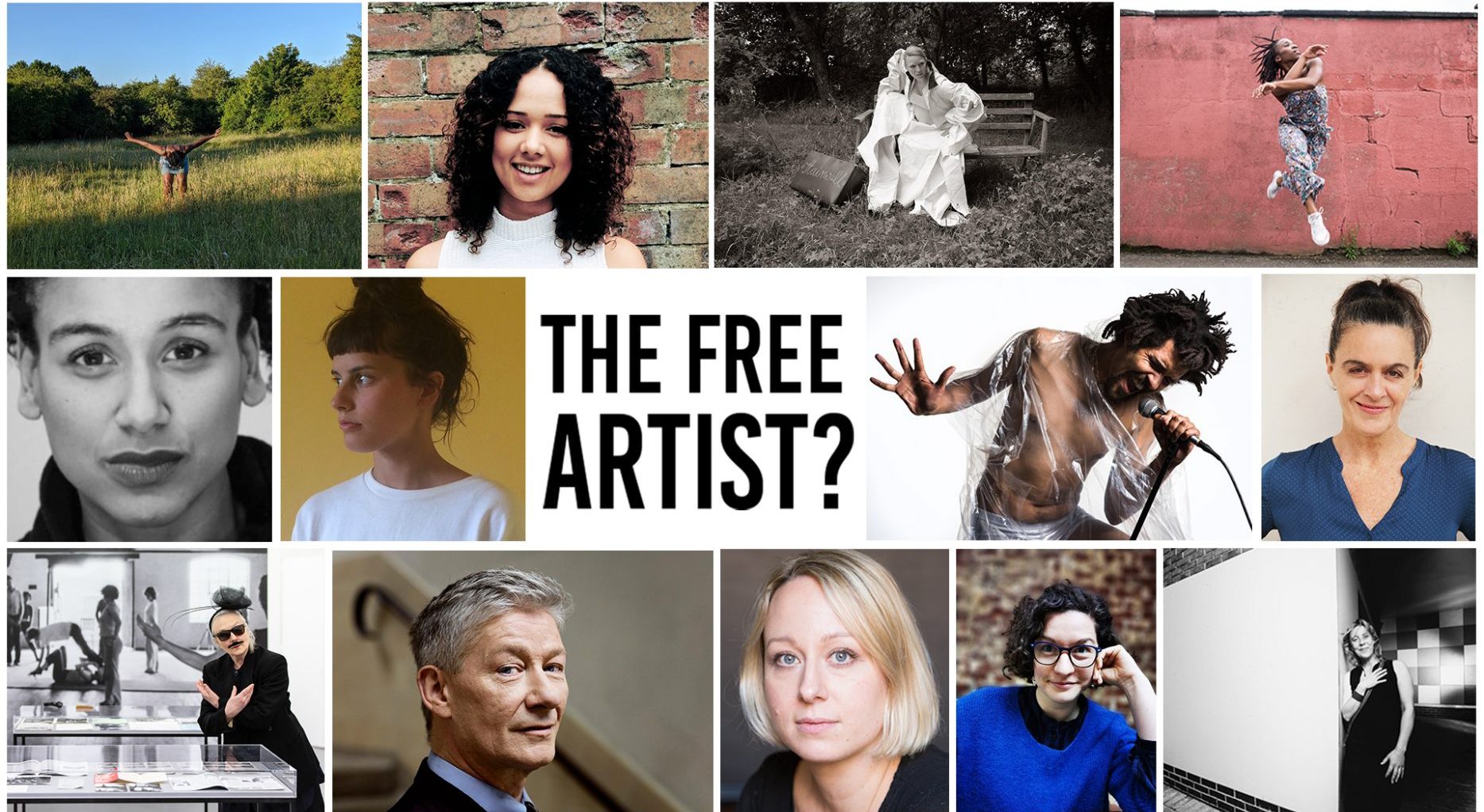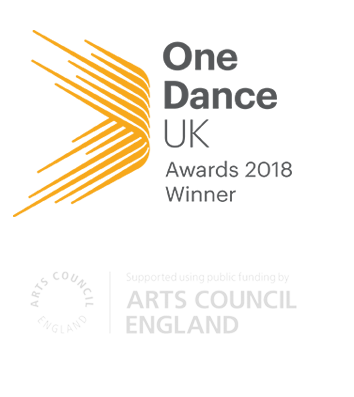Susan Kempster
The Free Artist?
31 August, 2020. Today is the deadline for my submission for ‘The Free Artist?’, a deadline that I’m sure could be flexible if I asked, however one that I wish to honour. I’m running late because just last week I found a new place to live, and I’ve spent the last five days dawn till dusk packing, and then unpacking boxes and bags. These are everything I own in the world, and at 60 I’m still living in shared accommodation, and have been grilled about my ability to earn a living, as well as my immigrant status. That is the price of my “freedom” as a freelancer, albeit not the story for every freelancer. It’s also product of all of my choices and decisions – the good, bad and never made ones.
How pertinent and timely this invitation to participate in research into what it means to be freelance. And what a complex subject this is for me. Also, I write this having woken up the dormant activist in me through joining the organisation ‘Freelancers Make Theatre Work’ as a volunteer, some 8 weeks ago.
To call myself a freelancer is almost a badge of courage, and yet earning any money from anything other than my freelance work in dance and performance, makes me feel as though I’m not really a freelancer. The successful freelancer, in my mind, earns a decent living entirely from work within the professional sphere. This is a value judgement on my part, and part of my inner critic and perfectionism, and a concept I am working on breaking down, as I think that it is inherently flawed.
In taking time to think more closely about what it means to be a freelancer, I find myself asking questions about identity and self-esteem, politics, value in the eyes of the world. And there’s the constant battle with my nervous system, that on the one hand craves security, yet on the other is terrified of becoming trapped by monotony.
Have I always been a freelancer, and does that equate with being self-employed?
I think that in essence I’ve always been a freelancer. There have been a few periods in my life when I’ve been employed full time as a dancer, a few months here and there, the longest nine months with a company in Spain. That time was meant to be longer, and I would have liked it to be longer, but the company’s funding ran out, so we were out on the street after just nine-and-a-half months of a twelve-month contract.
Most of my career then has been a mix of work as a performer, teacher, choreographer and various survival jobs. During a long period in Barcelona pretty much all of my income came from teaching. Was I freelancing then? I wasn’t on a salary, I was hourly paid, self-employed, where if you don’t go to work if sick, you don’t get paid, and where “holiday” periods were just periods of unemployment. I didn’t feel like a freelancer then – so do I equate freelance with the more creative or artistic jobs or projects? Or was that just a lengthy period of full-time employment with lousy conditions?
Now I include teaching as part of my freelance work, so what has changed? Is it perhaps just the proportion of time spent / money earnt?
Being a freelancer and an independent dance artist are, for me, inextricably tied to self-esteem and self-worth. I realise that for most of my life I never felt worthy of the title of freelancer, as in order to survive as a freelancer one must have such a degree of success as to not need other sources of income.
As an independent dance artist, I’ve grappled with the logistics of time and money in order to concentrate on and truly understand my ever changing and developing practice. The entrepreneurial skills required to sustain an independent creative practice are the iceberg to the tip that is the creative work. I need to be a producer, marketing expert, writer, organiser. These were skills I had never really developed or understood properly until coming to London, particularly the marketing side, for all that during years of making work in Barcelona I attempted to do everything myself; all the producing, directing, choreographing and performing in, designing sound and making costumes for, etc. which would, of course, leave me feeling exhausted.
So, since living in London, learning to hustle has meant that I begin to feel that I have earnt the title of freelancer. There’s still a degree of imposter syndrome, because I had, for many years, a survival job teaching homeopathy online for a school of natural therapies in Barcelona. That job no longer exists, which has meant that finally my focus must become clearer and sharper towards what it is I really want to be doing. Perhaps that’s the essence of being a true freelancer, regardless of where the money comes from. Perhaps it’s about keeping focus through thick and thin, and through a belief in one’s own value.
Freedom: what is freedom? How much of a privilege is it to be free, and what are the costs?
As I said at the top of this, having certain freedom and not being constrained by traditional pathways in the eyes of society – at 60 I should own a house and a car, have a family, some grandchildren, be settled, be financially stable and have a good pension plan – comes with a price. It becomes less and less easy to accept not having all of those “supposed to have” things, as exhaustion with a lifestyle that skates close to the edge loses its appeal. At the same time, the carrot on the end of a stick that draws me, the horse, forward, is still appealing enough that I continue to strive, and certainly progress has been made. And my new home, albeit a shared living situation, has a touch of magic and feels like it will be more of a home for me than either of the two other places I’ve lived in London till now. Freedom is a state of mind, and the glass is half empty or half full depending entirely on that state of mind. A maverick mindset is needed if being a freelancer is to work, for me. One that owns unashamedly my stories, adventures and alternative reality.
One of the main challenges of the freelance life is living with uncertainty, and the all-or-nothing syndrome. However, the rewards of being a freelancer, and the sense in which we are free, is that we don’t always have to conform to a particular time frame, and that these peaks and troughs, if manageable enough, follow a natural ecology that is not one of constant output.
The Covid-19 lockdown provided for me a small bubble of respite, a break from the hustle, and a recognition of the intermittent nature of creativity, the need for fallow time, much like in agriculture before chemical fertilisers began to destroy the land. Fields need to be left fallow for a season, in order to be once again rich and fertile for the creation and sustenance of a new crop. In my case it was almost the reverse, it was a break from the stress of freelance life in which I felt my creativity blossom. I realised just how much had not been able to happen because of levels of stress hormones of fight-or-flight-or-freeze constantly coursing my veins. Managing the nervous system is key!
Politically what does it mean to be a freelancer – how does it fit in a modern capitalist free market?
The major problem for the arts within capitalism is the notion of intrinsic rather than economic value. A one-to-one performance piece in a small venue can never generate enough income to sustain itself financially, however that performance may be of enormous value for those involved, and may also nourish research and thought – also not financially viable. And the idea that an artist might need fallow time is an anathema within the neoliberal capitalist world. So, the life of an arts freelancer is perpetually complicated by this absence of recognition of value. And yet life is, of course, richer when it includes the arts, culture and those things that stimulate the imagination, the mind and the heart.
For you, has it been associated with flexible or zero hours contracts? Have you felt exploited, if so how?
I had an interview for a commercial job recently. The job would have paid rather well, and I was shortlisted. The interview was well over an hour long, and I gave my time, energy and stories. At the end of it, I realised I felt incredibly exploited. Regardless of whether I got the job or not I planned to say something about it, and kindly nudge them into not putting people through that in the future. I didn’t get the job, I did feed back to them, however of course, in not getting the job it more than likely just came across as sour grapes.
I’ve also felt exploited when there’s not been recognition of creative input, or when working conditions are unfavourable. So often though, and this is something that the dance collective in particular struggles with, there’s a conflict between being grateful to have some work, to get the job, to be selected, and when the conditions of pay, or working hours, or what’s being demanded of us are really not good enough. Reconciling this conflict requires a constant juggling, weighing up of pros and cons, and learning, gradually, to have the courage to ask for better.
How powerless we can often feel, as sole individuals fighting battles, as independents, as freelancers. This has been one of the most important things for me about joining ‘Freelancers Make Theatre Work’ – for the first time perhaps I feel as though I’m not alone with these issues (for all that I’ve had innumerable discussions with others with similar experiences along the way), and that as the freelance arts work force begins to come together, we grow in strength, we establish support networks, and the tables begin, slowly, to turn. It becomes then less about a complaint, and more about advocating for better conditions.
The other day I was having a conversation, with a friend, a like-minded (for the most part) artist. I was talking about how the concept of Equity minimum is not really a workable model. It is based on a salary of just under £24,000 per annum if you were to receive it for 52 weeks of the year. Even the more established contemporary dance choreographers in London don’t employ their dancers for 52 weeks. So, when it’s applied to short term employment – a week or two here and there – it is absolutely unviable, and I believe needs to be addressed and reconsidered. It might be OK for long running shows, but doesn’t make sense for project work. But what was interesting about the conversation with my friend, what came out of it, was a kind of, “well, but you made the choice to be an artist, so you can’t expect anything better, you’re doing what you want which is a privilege”, after which a rather more passionate discussion ensued. Therefore then, according to his argument, my choice is to be poor, because that’s the price you pay to have a career that you love? And I asked myself, is what I do a choice? Of course, I suppose in some way it is. And yet, somehow, it doesn’t feel like a choice at all. For all the trials and tribulations, all the struggles, desires and frustrations, it’s who I am, and I absolutely can’t see myself doing anything else.
The pandemic crisis has offered an important gift – it has pushed us towards change in a way that can’t be denied. By nature, for all that I often desire change, I most often try to avoid it – I think that’s a fairly common human trait. It seems to me that the world is on a knife edge – climate, political, socio-economic conditions around the world, values – and it really could go either way. So, what is up to us is what we can do within our own spheres, with the hope that our actions will make ripples that will feed positive change for the greater ecosystems. I would just like to finish by expressing my gratitude for being asked to participate in this project, it has meant the world to me, and, among other things, has made me feel valued. Thank you!
Susan Kempster – The Free Artist? – 31st August, 2020
Susan has written about her experience of The Free Artist? for Freelancers Make Theatre Work. Click here to read.

Susan Kempster is a choreographer, performer, teacher, theatre maker and movement coach/director. Her career has taken her from Sydney, Australia to Tokyo, New York, Madrid, Barcelona, and now to London where she has been living for the past 6 years. In Spain her choreographies were awarded with two first prizes in the international choreographic competitions of Madrid (2002) and Burgos (2006) and her work has been presented in those countries she’s lived in as well as Italy, Chile and the Czech Republic. Her teaching work includes vocational training and professional dance company classes, along with workshops in improvisation, composition and choreography. In London she has been teaching in HE as well as working as a performer, most recently with Upswing Aerial Company in the intergenerational outdoor touring show Catch Me.
She is Associate Research Fellow, School of Arts Birkbeck College, University of London and has been developing her solo work Eye, most recently through a project called “Close-up dances for the small screen” – an offshoot using Zoom as a creative medium during Covid-19. https://youtu.be/kw83W5Ab0w4






